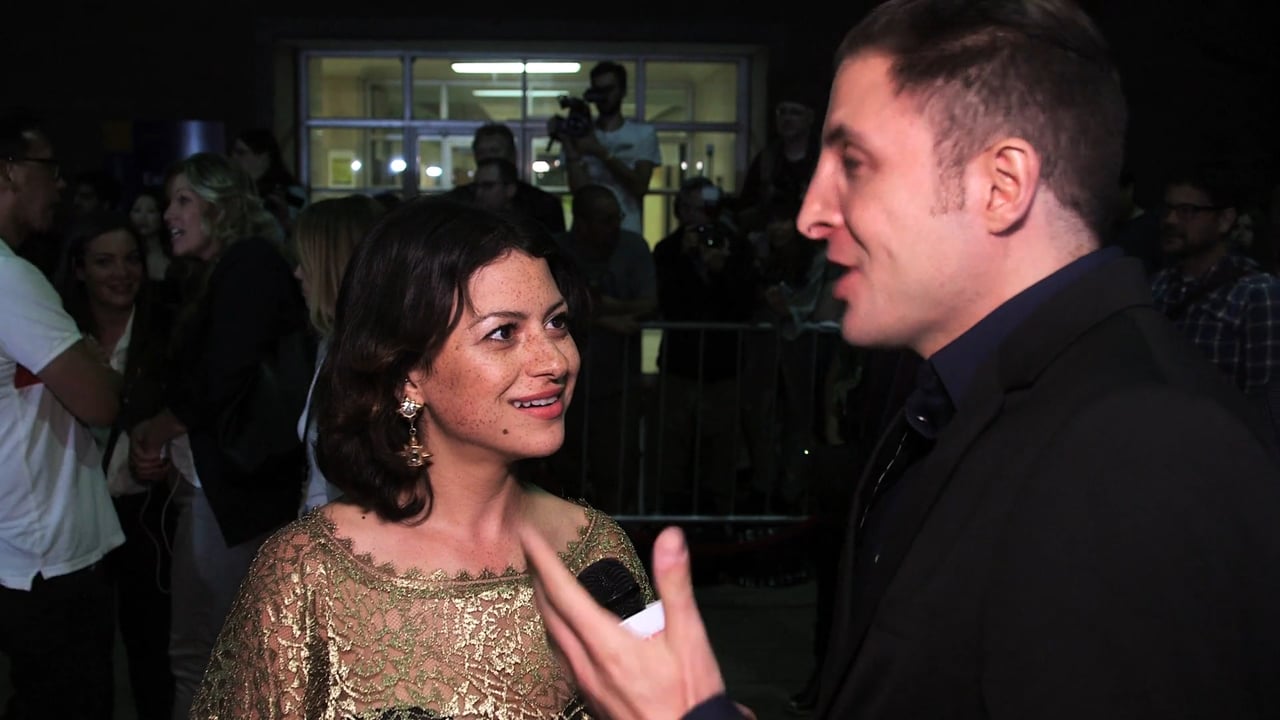In the first episode of TBS’s freshman comedy Search Party, main character Dory (Alia Shawkat of Arrested Development fame), brings up the disappearance of a college acquaintance, Chantal, at brunch. Immediately after hearing the news, Elliot — whose first reaction was “Oh, she sucked” — tweets out, “In shock. Sad news about a sweet girl. Keep an eye out people.” This is the exact kind of millennial narcissism and insincerity at which Search Party loves to poke fun. With no shortage of criticism of millennials going around these days, it is refreshing to see a comedy that takes on these stereotypes, breaks them down and searches for the kernel of truth within them.
Search Party, draws immediate comparison to Girls, a show that also features a cast of self-absorbed twenty-somethings running around Brooklyn. However, what drives Search Party’s plot is Dory’s obsession with Chantal’s disappearance. This obsession takes her on a wild goose chase that creates some real tense and scary moments despite the show’s comedy status. The search continually changes in meaning and scope over the course of the season and what starts out as something extremely low-stakes for Dory, ends in some high-stakes consequences for her and her friends.
As Dory embarks on her misguided search, she brings along a cast of characters that run the gambit of millennial stereotypes. From the self-absorbed, self-aggrandizing Elliot who is always looking for a way to promote his brand, to Dory’s overly passive boyfriend Drew who dresses like someone straight out of an eighties film, these characters are textbook millennials. However, the show affords them more and more complexity as the search wears on.
Search Party’s criticism lies in the way it portrays how millennials interact with the world and how they see themselves. Most of the side characters are preoccupied with themselves, and what they are doing. Doing, in the career and personal sense. What you are doing contributes to your personal brand and that brand informs who you are as a person. Characters like Elliot and Portia can be heard listing a laundry list of accomplishments and exchanging platitudes about how they are really “doing it as an actor”. All anyone talks about is their next venture and how “it’s just such an exciting time for them”. In this world, name dropping is an artform and what you are doing is the only thing that defines you.
Even the most honest person in the show lacks true authenticity. Dory’s ex-boyfriend spouts his opinion with a smug self-assuredness that would be grating if he were not correct. However, this brash honesty seems forced and clearly contributes to his career as a journalist on the rise. His candor does not create a sense of realness, in fact, it seems he is hiding behind this honesty. He too is crafting a brand.
Dory is the only one of her friends without this all-important personal branding. When introducing her at a party, Elliot scrambles for what exactly Dory does, pauses, and finally says,“She is my friend… from college”. The show picks up at a moment when Dory feels lost. She has no job and no side projects to talk about. To assuage this feeling, Dory finds something to do and does it to its fullest extent. But in the end, her venture is fruitless and only causes her more unhappiness. Ultimately Search Party becomes a lesson in what sincerity means when authenticity is en vogue and when doing what makes you happy is a very public venture. Everyone in Search Party is clamoring to be the most self-actualized yet in doing so no one ends up satisfied.





